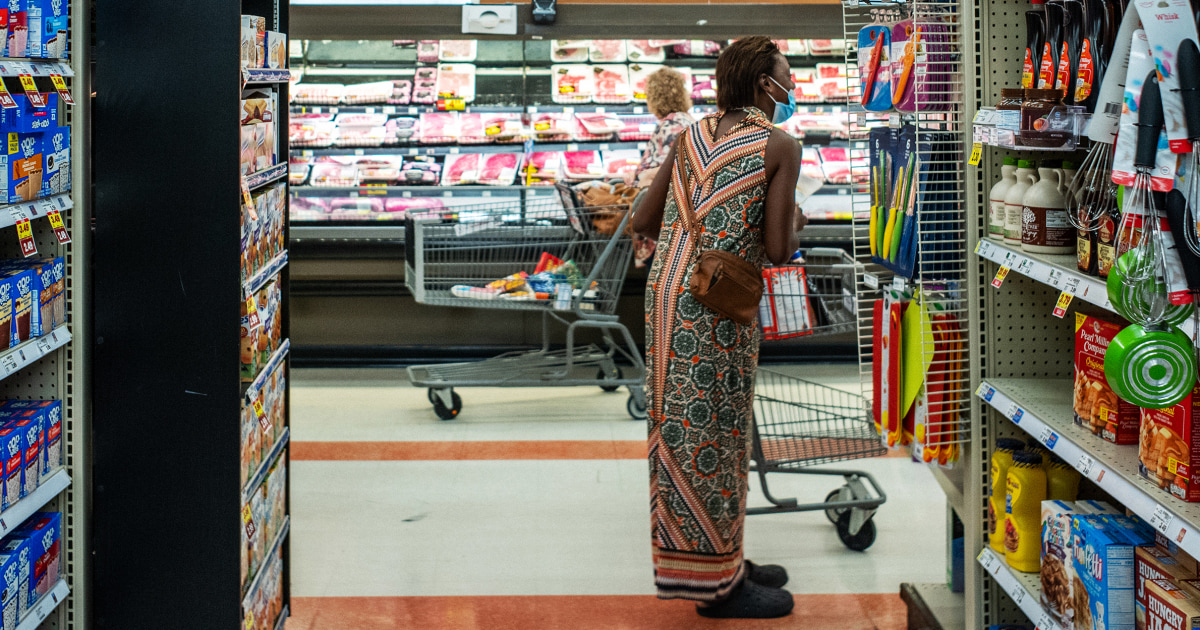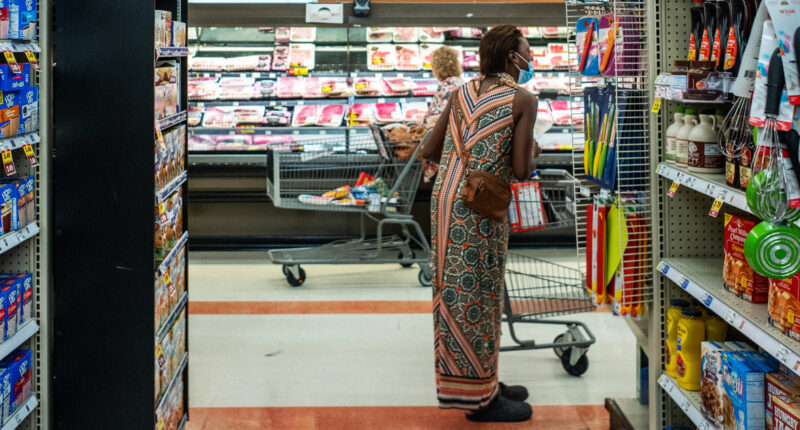
The latest inflation numbers are expected from the U.S. Bureau of Labor Statistics on Tuesday morning. For the month of January, analysts predict that consumer prices increased 6.2% year-on-year, which would be a slowdown from the 6.5% seen in December.
Economists are increasingly of the belief that inflation has already peaked. But 6.2% is still well above the 2% that the Federal Reserve desires, given its mandate to promote stable prices and a low unemployment rate.
It’s one reason Fed Chairman Jerome Powell told an audience last week he intends to keep interest rates higher for longer, until inflation gets closer to that 2% target. By maintaining those supersized interest rates, Powell hopes to increase the cost of borrowing and investing, thereby reducing overall demand in the economy and putting downward pressure on prices.
In the meantime, the Fed will make it more expensive to do everything from buying a house or an automobile to borrowing with a credit card or a personal loan.
There wasn’t much of a slowdown for prices in January, according to Pantheon Macroeconomics research group chief economist Ian Shepherdson. In a note to clients Monday, Shepherdson said rebounding gasoline prices and ongoing increases in rents kept overall prices higher last month. A sudden, if modest, increase in used vehicle prices — in contrast to recent steep declines in that market — also pushed costs upward.
That means the Fed and Powell are likely to keep raising rates, he said.
“We now expect a further hike in March, and we’re increasingly leaning towards expecting a final increase in May,” Shepherdson wrote.
The U.S. economy is revealing itself to be difficult to slow down, Bank of America economists said in a note last week, citing an extraordinary 517,000 jobs added in January. That means any forthcoming recession is likely to be mild and wouldn’t happen until the second half of 2023, they suggested.
Still, there’s evidence that the economy is indeed slowing down. Monday, the New York Federal Reserve reported that the median expected growth in household income dropped from 4.6% to 3.3%. That is the largest one-month drop in the nearly 10-year history of the survey.
In other words, U.S. households are not only expecting a slowdown in income; they also expect that slowdown to be quite large.
And after seeing a surge in January, gas prices have already reversed course and are now nearly $0.06 lower than where they were a week ago.
But those changes weren’t going to be reflected in January’s price data. And it’s not clear whether they mark the start of a new trend.
So, the Federal Reserve is going to hold those interest rates up a while longer.
“There has been an expectation that [inflation] will go away quickly and painlessly — and I don’t think that’s at all guaranteed; that’s not the base case,” Powell said last week.
“The base case for me is that it will take some time, and we’ll have to do more rate increases, and then we’ll have to look around and see whether we’ve done enough.”
Source: | This article originally belongs to Nbcnews.com










